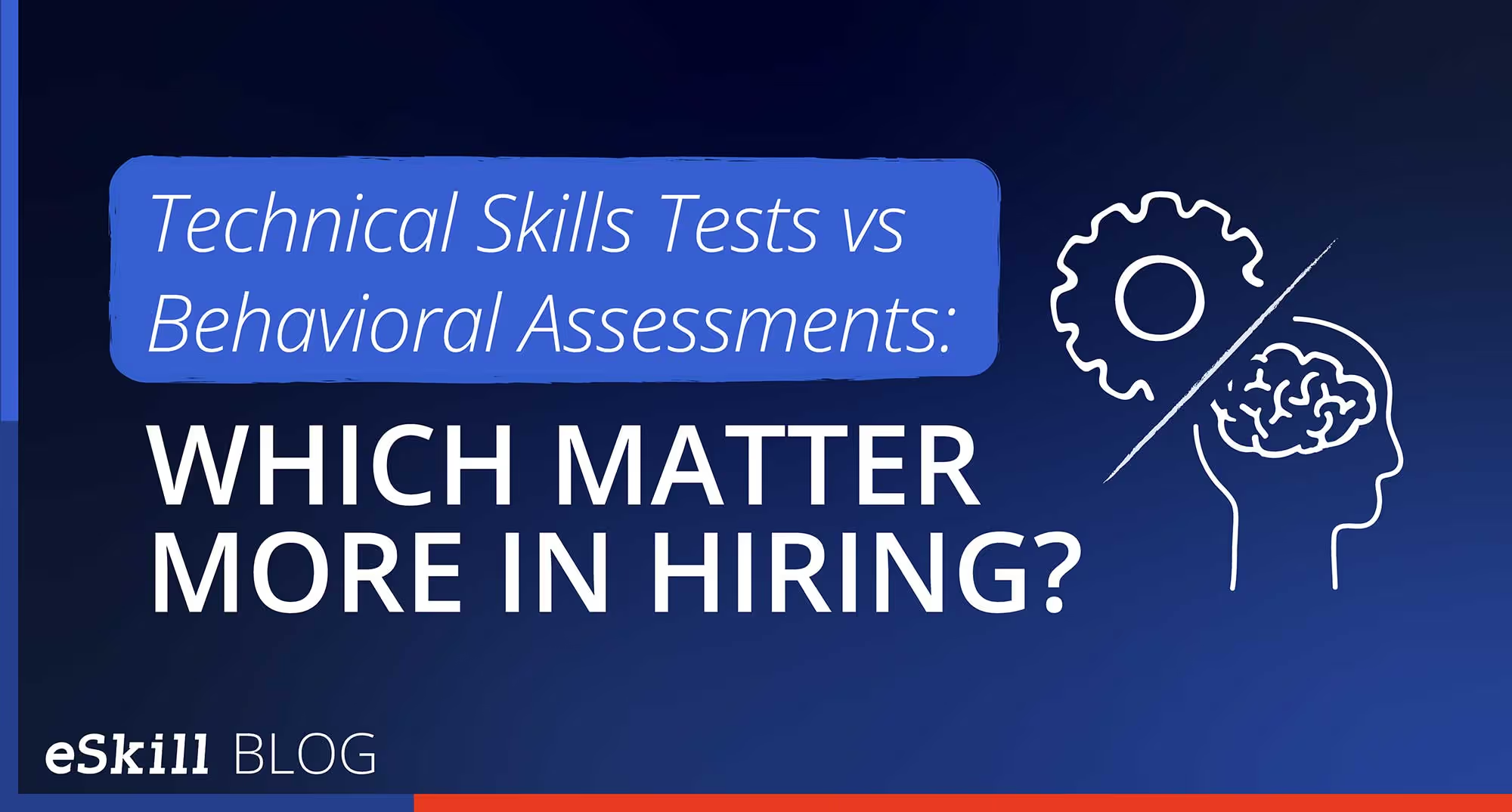Simulations are widely used in education, training, and recruiting today. By immersing the user in a virtual environment that recreates activities in a life-like manner, simulations provide an immersive, interactive experience in which the user learns by doing. In addition to providing hands-on learning, simulations provide an extraordinary view of how a job candidate will perform if hired.
Developed in the 1930s, simulation training is used by some 70% of businesses across the world. The 2018 Call Center Industry Report reveals critical paths for enterprises to improve quality, adapt call volume fluctuations, and control costs with call center test simulations. Among them:
Better sourcing delivers better quality talent.
And a study in Training and Development Journal stated, “people retain about 25% of what they hear, 45% of what they see and hear, and 70% of what they see, hear, and do.” It’s an up-and-coming assessment area with a significant potential for the recruiting process.
Call Center Test Simulations
Simulations are particularly effective as a recruiting tool for call center staff, because they provide objective data on how potential candidates will respond to real-life calls. With live chat and instant messaging part of the rapidly expanding ways your customers can interact with your staff, current and up-to-date simulation training is becoming a critical part of staff screening and training with a big impact on customer service quality.
Call center skills tests allow you to see how candidates or employees react to difficult situations, whether handling complaints from angry or difficult customers in inbound calls or exploring marketing or training possibilities in outbound calls. They allow you to test skills from simple data entry to more complex scenarios that assess attention to detail and patience in handling difficult customers.
A call center test simulation assesses the following skills and abilities:
- The ability to absorb and apply procedures.
- Relating to and understanding the customer’s needs.
- The ability to spot, understand and solve a problem in a timely manner.
- Teamwork.
- Sales and marketing abilities.
- The ability to multitask.
They help you achieve the following goals:
- Train individual agents to handle one type of call, several types of calls, or all types of calls, with different priorities.
- Encourage agents to achieve the maximum results in as little time as possible, thus reducing the number of calls dropped during the waiting queue.
- Enhance call proficiency, to reduce escalations to a higher tier of support agents.
- Train agents for a more diverse combination of skills. Multi-skilled agents can help when the lines are overflowing with calls, so agents can be reassigned for more efficient call handling.
- Reduce call waiting time and queue size.
- Improve customer satisfaction.
- Improve overall performance levels.
Advantages:
- Call center skills assessments can help you screen your applicant pool by providing objective data on their customer service skills, problem-solving, and communication abilities. Simulation assessments have been shown to accurately predict on-the-job performance. Here at eSkill, our focus is on the content, developed by subject matter experts.
- Our call center simulation assessments and other simulation subjects can easily be combined with other subjects (including MS Word, and Excel) so that you can accurately measure all of the skills needed for a particular position with one test — a real-world read on the candidate from multiple perspectives.
- A call center test simulation, when combined with our other subjects, are also an excellent way to periodically measure your current staff’s skills and abilities, so that you can clearly see where additional training can be beneficial.
Talk to sales






